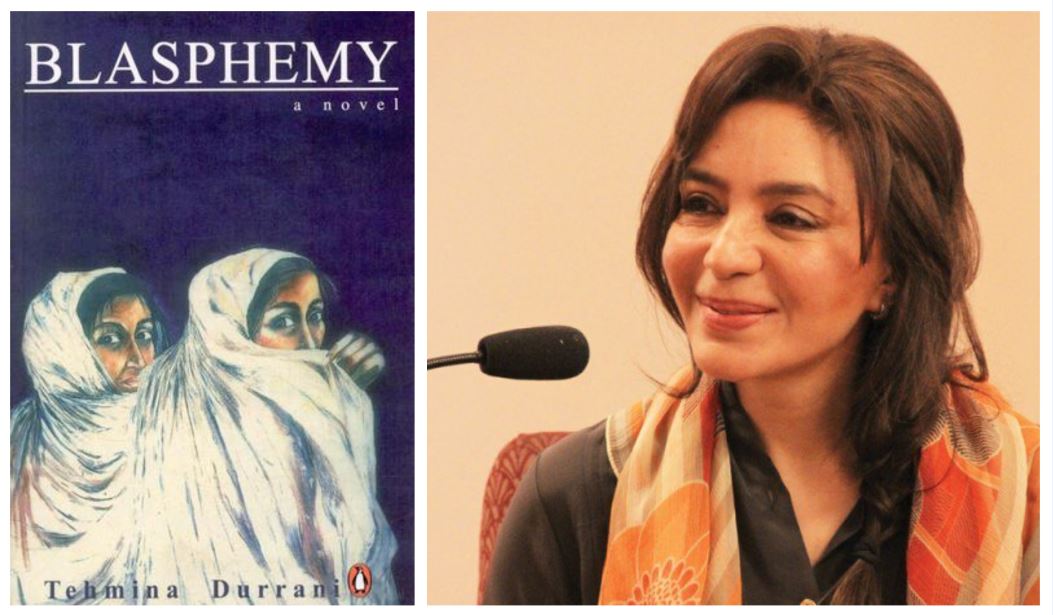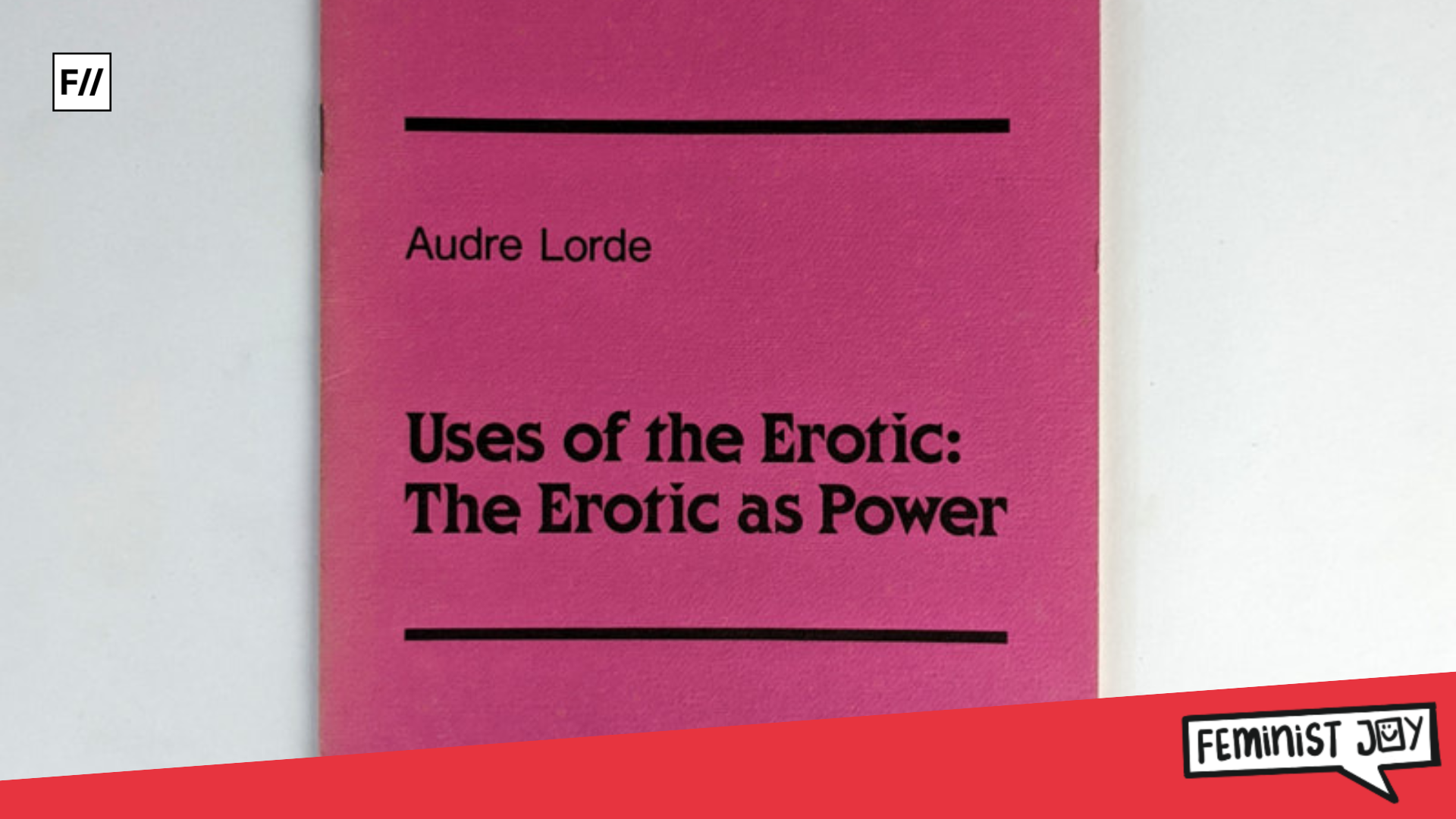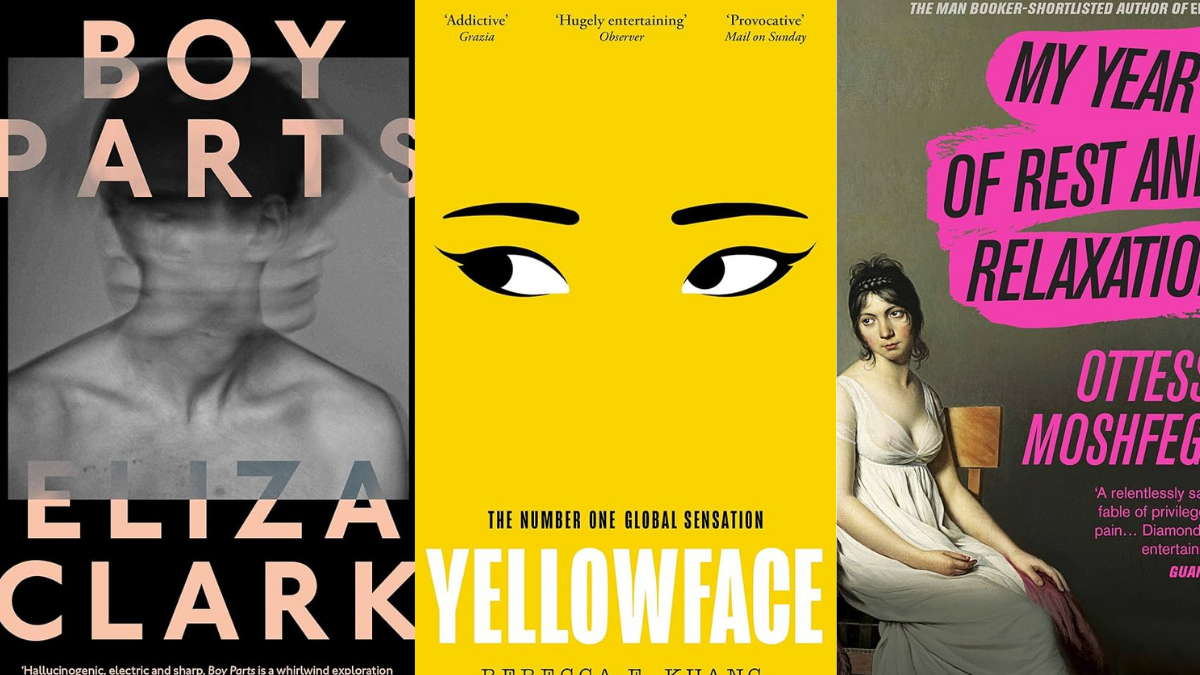Based on a true story, the novel Blasphemy is by the Pakistani feminist author, Tehrima Durrani. It is a tragic and an extremely shocking story which unveils how religion is used as a tool to get power by some.
The book is set in South Pakistan. It depicts patriarchy and male domination at its peak, the condition of women and underprivileged people at their lowest ,and religious fundamentalism at its extreme. It brings forth the easy distortion done to Islam by the hypocritical and predatory so-called religious leaders. The descriptions are awfully ‘repulsive’ and the very thought that several thousands of women, even today, are subjected to this kind of a life, is enough to give you shivers.
Also read: Persepolis Book Review: The Dilemma Of The Veil
The protagonist of the story, Heer, held dreams in her magnetic eyes, just like other teenagers of her age. After her father’s death, however, she became a burden to her widowed mother. Her mother gets her married at the age of fifteen with Pir Sain “the man of God”. A man of extraordinary reputation and for the people, he was a saint.
a world where she is not allowed to cross the threshold without her husband’s permission; where she is beaten brutally for coming in front of a six-year old ‘man’
Heer’s dreams of happiness get scattered as she enters into Peer’s haveli. The man who pretends to be the man of God was actually a demon by nature. The shrine is a domain of his evilness, maintained by the system of inheritance, which led him ti be the head of the shrine. He tortured Heer in every possible way. Her marriage was a series of torturous events, both physical and emotional. She is beaten, humiliated, abused, raped, trapped and made to live in the world her husband made for her.
Heer was in the world where no flaw is permitted, no mistake is forgiven, no logic is applied and no explanations are given – a world where she is not allowed to cross the threshold without her husband’s permission, where she is beaten brutally for coming in front of a six-year old ‘man’, where asking about her mother and siblings brings her more misery, where she has no one to share her pain with or to talk her heart out to, where she has to protect her daughters from the evil clutches of men, including their own father. In this world there were no rules to be followed except the word of Peer Sain. This story beautifully depicts the ugly side of patriarchy.
Throughout his life, Peer Sain exploited the ‘weak’ and ignorant people in the name of Allah and Islam. Anyone who dared to raise his voice against the system was crushed in a way that served as an example for other people to never question the authority of the Peer’s ancestral Shrine in future. Kali, Guppi, Toti, Tara, Chote Sain, Sakhi Baba, and Yathimri, Cheel – all were the victims to this system. Only those who meekly surrendered to the wishes of Peer were said to be loyal Muslims. Ignorance was the foundation of their system and was hence enforced at any cost. Durrani gives a clear picture of how Heer lost everything in this journey with Peer Sain.
In the words of Heer,
“To me, my husband was my son’s murderer. He was also my daughter’s molester. A parasite nibbling on the Holy Book, he was Lucifer, holding me by the throat and driving me to sin each and every night. He was the rapist of orphans and the fiend that fed the weak. But over and above all this, he was known to be the man closest to Allah, the one who could reach Him and save us.”
Throughout his life, Peer Sain exploited the weak and ignorant people in the name of Allah and Islam.
Under the veil of religion he molested his own young daughter and the other girls of the same age. Taking the advantage of burqa, he presented Heer, his own wife tof his friends as a “whore”. Heer even aresort to abortion in a way to save her future children from the torture of the man she married. His acts are repulsive, his crimes were gory in order to make the readers witness the ignored realities of many women.
Tehmina Durrani’s writing is raw and powerful. Some of the passages send shivers down the spine. Durrani claimed that Blasphemy was inspired by a true story. If that is true then, it is very brave of her to even tell it. It takes a great deal of strength and resilience to stand up against such tyrannical societies.
Blasphemy throws light upon a universal issue – how religion is exploited and how it is used as a weapon by the powerful to cripple the masses who ironically don’t fully understand their religion. It speaks of religious bigots not letting people realise their freedom of conscience. Instead these powerful men instil the fear of God through propaganda and distortion of religion. All just to consolidate and hold power and using violence to subjugate and humiliate the weak.
Also read: The Autobiography of a Sex Worker By Nalini Jameela: Book Review
Blasphemy is one of the most distressing novel I have ever read. It is dark and horrifying and leaves you with so many painful questions in mind. It reveals the dark side of religion and power. This novel is definitely not for the faint-hearted.
About the author(s)
Areeba Sundus is a History student from Jamia Millia Islamia with her specialisation in Modern Indian History. Feminism is a crucial part of her identity and she wants to become a voice of the voiceless.




